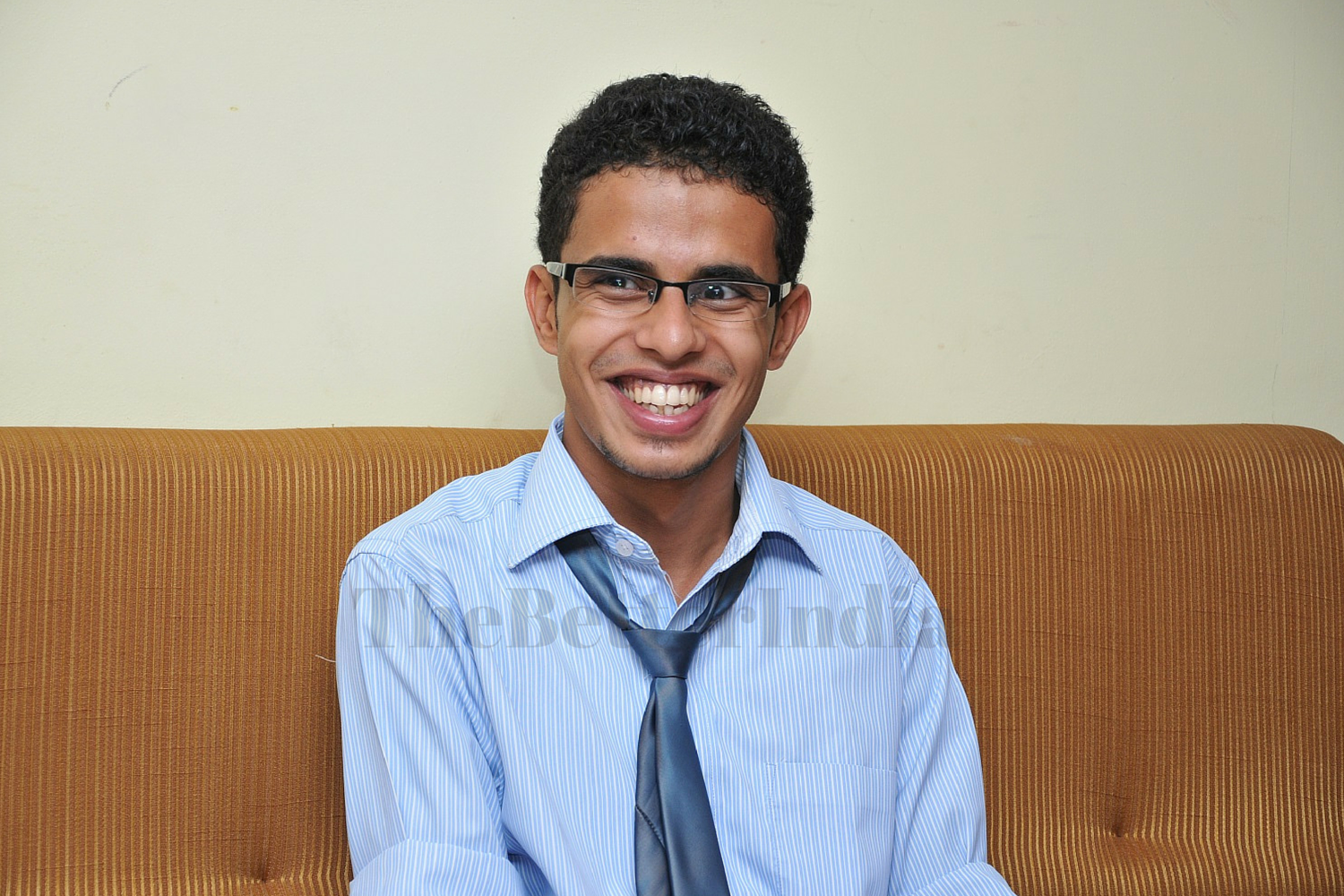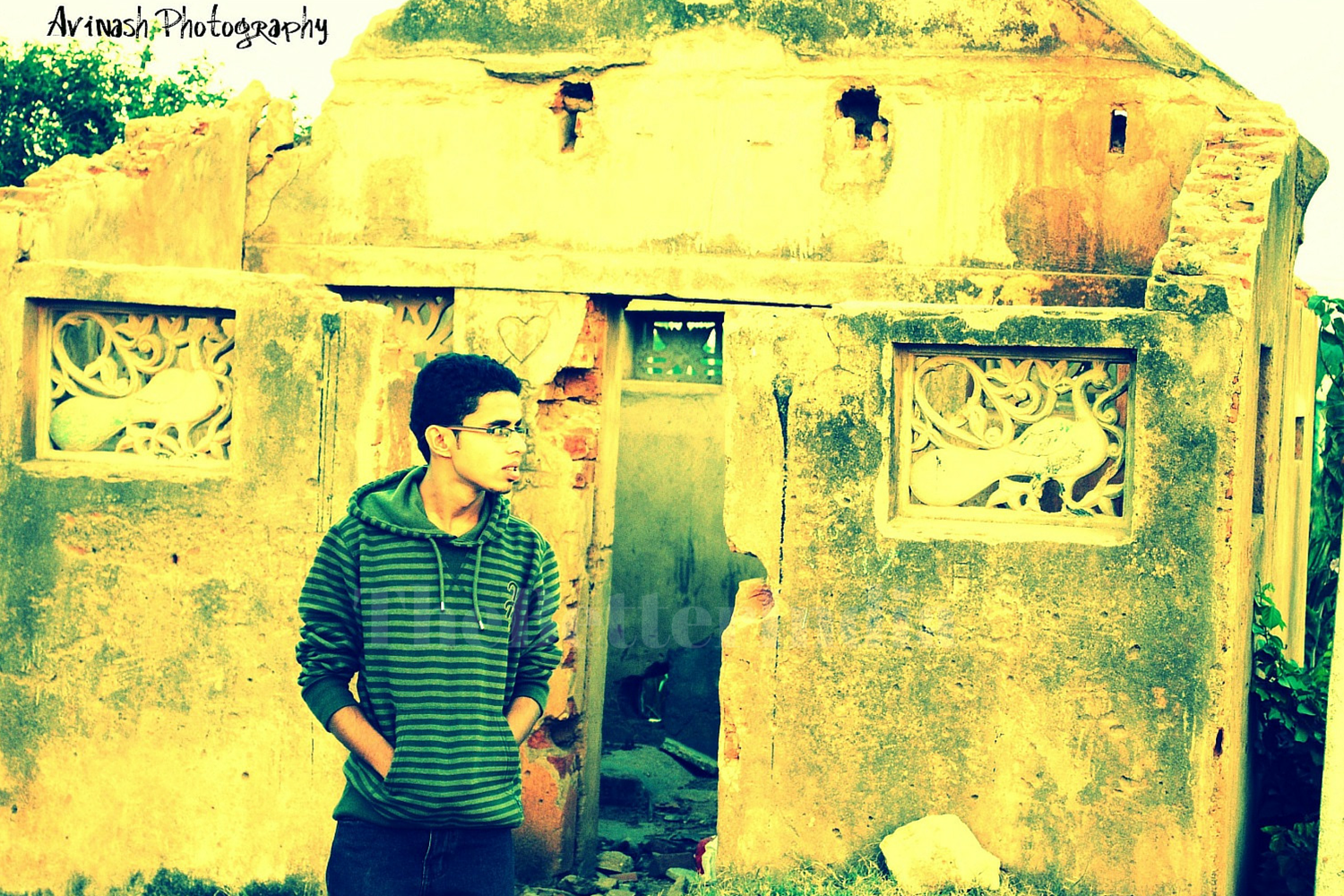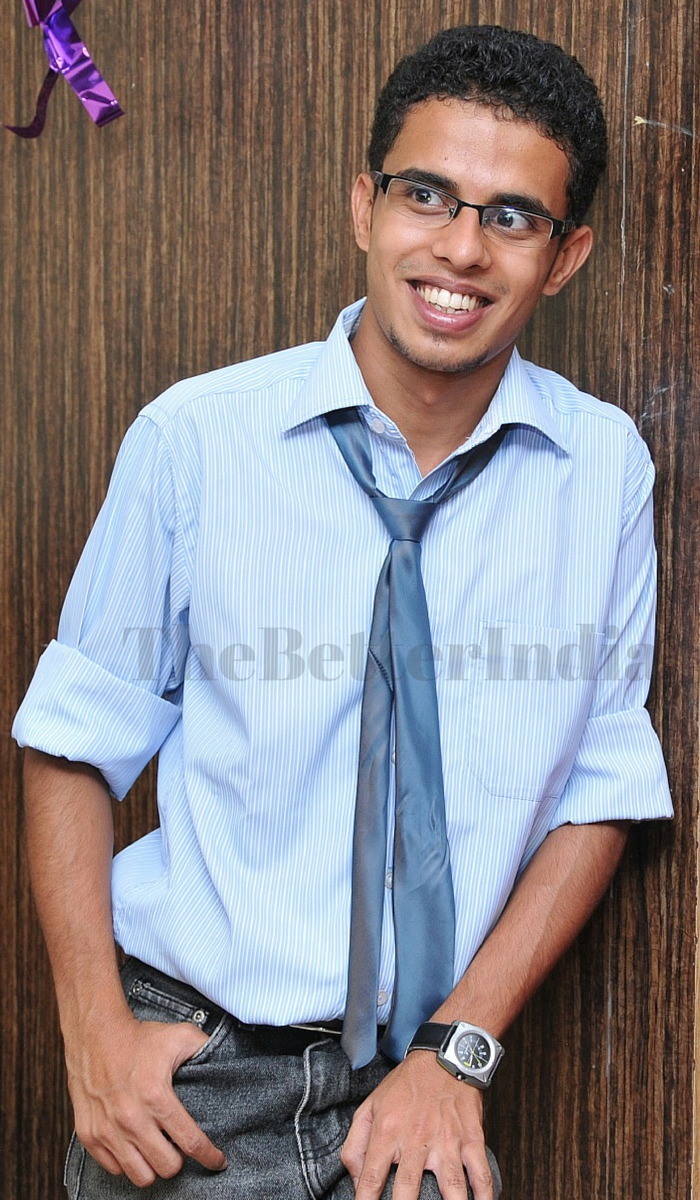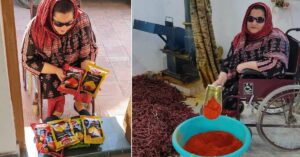Despite Cerebral Palsy, He Rejected Jobs under Handicap Quota to Found 2 Startups
From being diagnosed with cerebral palsy and dyslexia to becoming the founder of two successful companies – this is the journey of Ajit Babu.

From being diagnosed with cerebral palsy and dyslexia to becoming the founder of two successful companies – this is the journey of Ajit Babu.
“I have never felt different. I think that conditions like cerebral palsy, dyslexia, or whatever the special abilities of a person are – they are all overrated. It is you who makes them specially abled. And nobody did that to me. When I woke up in the morning, I was told – get out, make your money, come back, and eat. I did not have much of a choice and I took what I had. That’s it. I don’t know how to put it in a fancy, inspirational way,” says a smiling but matter-of-fact Ajit Babu.
Meet this 26-year-old entrepreneur, a man living with cerebral palsy and dyslexia, who is, despite what he says, an inspiration to many.

Today, after fighting many odds, Ajit is the founder and CEO of a company called LifeHack Innovation. He also has two other start-ups to his credit. But ask him about his journey and he does not see anything special in it. This young man has the same pragmatic and realistic attitude towards life as he does towards his health conditions.
Born in Bangalore as a premature child in 1989, Ajit was diagnosed with cerebral palsy – a condition that leads to movement disorder, and dyslexia – a learning disability. But Ajit never let these disabilities define him. From being a curious child to a successful entrepreneur, his has been a very eventful life.
It all began at the Spastics Society of Karnataka, the NGO where his condition was diagnosed. This organization, which works for the welfare of persons with neuro-muscular and developmental disabilities, helped Ajit’s parents understand their child’s condition and how they were supposed to deal with it going forward.
While growing up, Ajit developed a keen interest in writing and journalism. So, after finishing school, he went on to study at Kristu Jayanti College in Bangalore.
However, because of his dyslexia, he had a tough time coping with some of the subjects and had to eventually drop out of college.
“I started working at a call centre after dropping out. I actually worked in around 10 odd call centres in Bangalore,” says Ajit, who just kept moving from one job to another. “The main reason I was job hopping was because I used to reach a saturation point very soon…At one time, I was with a firm where I was earning well and the job was very challenging. But I got bored with that too. So I finally decided to start something on my own.”
By this time, Ajit already had some experience with writing, and with theatre and direction as well. In 2009, he joined hands with a friend and started an advertising company called Dream Click Concepts – his first entrepreneurial venture. While he was working with Dream Click, Ajit got involved with another start-up founded by his friend and helped him learn the concepts of marketing. In addition, he started giving motivational speeches at colleges about start-ups and the basics of marketing and sales.
Ajit’s family, however, was not very happy with the fact that he kept quitting well-paying jobs one after the other. His father, a central government employee, advised him to take up a job with the Railways or the Postal Department under the handicapped quota. But Ajit had different plans. “I hated being treated differently. I did not want anything involving sympathy,” he says.
It was after the Nepal earthquake this year that Ajit got the idea for his next start-up.
“It was that one thought – how easy it would have been to rebuild the entire nation had it been more dependent on renewable energy – that motivated me to start,” he says.
And thus came about LifeHack Innovation, a company that focuses on bringing renewable energy into the everyday lives of people.
“If you look at renewable energy today, the first things that comes to mind is that it is something very complex. But in the current scenario, it is required – not just to save mother earth and the other fancy stuff that people say, but to save ourselves.” And in Ajit’s view, the only way to do this is by making renewable energy a part of everyday life. “Take any existing gadget and make it with renewable energy,” says Ajit.
Beginning without funds was a challenge but, fortunately, once he discussed the idea with his friends they were excited enough to get behind him. About 15 to 20 of his friends crowdfunded the required sum of Rs. 7-8 lakhs and Ajit was able to use it to set up a five-member team and get started.
Right now, his company is concentrating on one gadget only – a portable power bank that will run on solar energy, wind energy, and will also be chargeable with electricity.
Explaining the concept behind this device, Ajit says “Many people carry portable power banks these days. But a power bank takes 6-7 hours to charge. Most of the time, people don’t have charge in the power bank only. If I have so much time to charge my power bank, why won’t I charge my phone instead?”
And so, Ajit decided to build a power bank that would run on an efficient solar panel, which is affordable and can be charged quickly for a longer time. But that was not enough. Ajit thought of the various factors that could prevent a solar powered device from getting charged – like lack of sunlight for many days in a row. So he added a ‘jugaad’ (the literal Hindi translation of life hack). The power bank would now also have a small fan, mounted outside the device, and the energy generated from it with the help of wind energy would be used to charge the device. Lastly, the device would have the option of being charged electrically as well.
The power bank is currently in the manufacturing phase and will be available in the market by the end of this month.
“I am dyslexic. I have a problem with understanding many concepts but once I am interested in something I put in all my effort to find out more about it,” says Ajit.
Ask him about the future and he lets you know he is ambitious: “LifeHack for me is just the beginning. I have a lot of other start-ups in mind. I will start them all one by one. And I am also working on a book. I will study to complete my journalism too. As far as the future is concerned, I have just one thought in my head – as much as I hate being called specially abled, I have always been treated so. So why not show the world what a special guy can do?”
Grab your chance to meet Ajit Babu and many more such inspiring personalities at India Inclusion Summit 2015. Register here.
You can write to Ajit at [email protected].
Like this story? Or have something to share? Write to us: [email protected], or connect with us on Facebook and Twitter (@thebetterindia).
This story made me
-
97
-
121
-
89
-
167
Tell Us More
We bring stories straight from the heart of India, to inspire millions and create a wave of impact. Our positive movement is growing bigger everyday, and we would love for you to join it.
Please contribute whatever you can, every little penny helps our team in bringing you more stories that support dreams and spread hope.





















